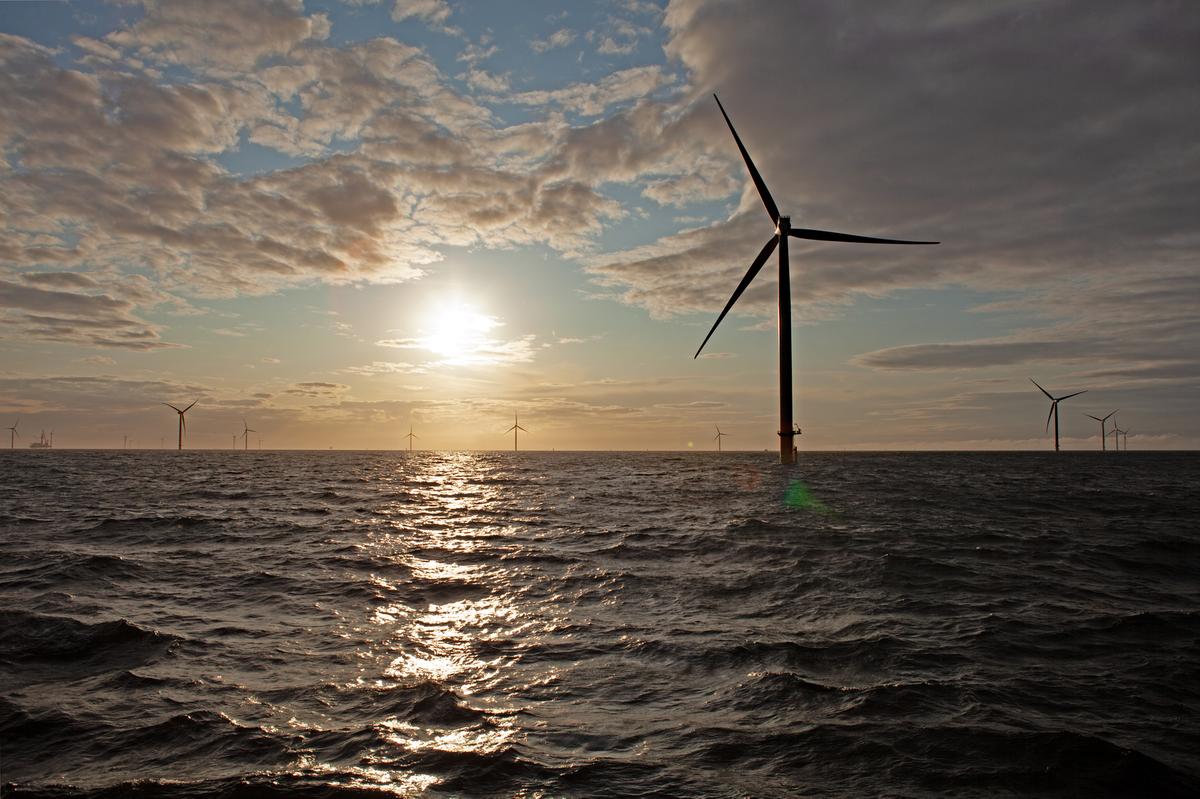
the staff of the Ridgewood blog
Ridgewood NJ, on Monday, much of southern Europe experienced a catastrophic electrical blackout that paralyzed cities across Spain, Portugal, and parts of southern France. Planes were grounded, rail systems froze, traffic lights failed, and smartphones became useless slabs of glass. It was one of the darkest days Europe has seen in decades—both literally and metaphorically.
The culprit? Not a cyberattack from Russia or China, as many initially suspected. Instead, it was a failure of Europe’s over-reliance on renewable energy, particularly solar power, compounded by a lack of energy redundancy—a dangerous byproduct of policies driven more by climate ideology than practical energy security.
🌍 Renewable Energy Dreams, Real-World Consequences
Spain’s grid operator, Red Eléctrica, confirmed on Tuesday that the blackout was caused by two incidents involving solar power loss in southwestern Spain. This triggered instability in the broader grid and severed its connection with France—causing a cascading failure that plunged the Iberian Peninsula into darkness.
At the time of the incident, a whopping 80% of electricity came from renewables—mainly solar photovoltaic, solar thermal, and wind. Fossil fuels and nuclear were nearly absent, with nuclear contributing just 11%. Then, solar generation dropped 50% in a matter of minutes—from 18 gigawatts to 8. The result was chaos, with power not returning until late that night.
“There was not enough inertia, or redundancy, in the system to keep it going,” wrote energy analyst Diana Furchtgott-Roth.
💡 A Wake-Up Call for Energy Policy
This isn’t just a European problem. It’s a warning to other governments—including New Jersey, where lawmakers continue to push for aggressive “Net Zero” goals and the rapid elimination of fossil fuels and nuclear power.
Spain’s leftist government has been shutting down coal and nuclear plants, gleefully celebrating the destruction of reliable energy infrastructure. Their goal: 100% renewable power. Monday’s blackout shows what happens when that ideology collides with physics.
As Senator JD Vance warned at a recent security conference in Munich, “The greatest threat to Europe isn’t Russia or China—it’s from within.” He cited Europe’s retreat from reliable energy and freedom of speech. His remarks, initially criticized as “rude,” now seem prescient.
Media Silence and Information Blackout
What made the blackout even more disturbing was the media’s failure to honestly report what happened. Spanish state media and even private outlets were slow to admit the cause of the crisis—leaving it to independent radio and center-right publications to inform the public.
This informational blackout is part of a larger trend: the suppression of uncomfortable truths in the name of combatting “disinformation.” But when censorship replaces journalism, and when ideology trumps infrastructure, society is left in the dark—both figuratively and literally.
🚨 Could This Happen in the U.S.?
New Jersey and other American states should take heed. Pursuing climate goals without building resilient energy systems is not just irresponsible—it’s dangerous. Blackouts, grid instability, and infrastructure failure are the real risks of moving too fast toward 100% renewables without practical backup systems.
As one analyst put it, “An energy policy that prioritizes fighting climate change over supply security provoked this general blackout.”
It’s time for a serious debate about how we power our societies—and whether we’re willing to sacrifice reliable electricity, economic productivity, and even public safety in pursuit of ideological purity.
Tell your story #TheRidgewoodblog , #Indpendentnews, #information, #advertise, #guestpost, #affiliatemarketing,#NorthJersey, #NJ , #News, #localnews, #bergencounty, #sponsoredpost, #SponsoredContent, #contentplacement , #linkplacement, Email: Onlyonesmallvoice@gmail.com
